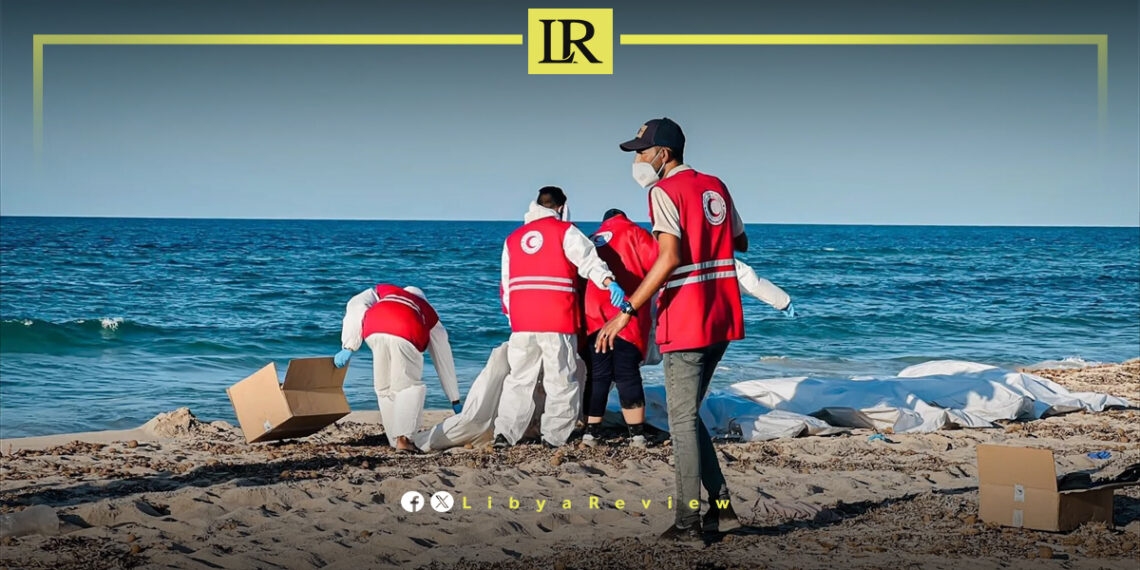On Sunday, Senegal’s Attorney General Aliou Dia warned of suspicious financial flows to Libya, linked to human trafficking and ransom demands from armed groups. He revealed that Senegalese families, particularly in the Tambacounda region, are being coerced into paying large sums of money to secure the release of relatives detained by militias in Libya.
During the inauguration of the Regional Committee for Combating Irregular Migration, Dia emphasized the urgent need to monitor financial transactions linked to these ransom payments.
He described how families receive threatening images of their loved ones bound and mistreated, forcing them to send money to traffickers. This exploitation, he noted, has been ongoing for the past five to ten years, with Senegalese migrants increasingly falling victim to criminal networks in Libya.
Many families, fearing retaliation, choose not to report these crimes, making it easier for traffickers to operate unchecked. Senegalese authorities have also raised concerns about missing migrants, especially women whose husbands have disappeared while trying to reach Europe.
Libya remains a major transit hub for illegal migration, with thousands of migrants crossing through its territory each year. Trafficking networks and armed groups capitalize on the country’s instability, turning migration into a multi-million-dollar criminal industry fueled by extortion and forced labor.
Reports indicate that 66,300 migrants arrived in Italy in 2024 after departing from Libya, with the largest groups coming from Bangladesh (21%), Syria (19%), and Tunisia (12%).
Meanwhile, Libyan authorities have intensified efforts to combat human trafficking, recently detaining dozens of Egyptian migrants attempting to reach Europe. Egypt has also reinforced border security and introduced strict laws against migrant smuggling.
Senegal’s warning highlights the increasing role of illicit financial transactions in sustaining migration networks. Authorities stress the need for stronger international cooperation to combat human trafficking and financial exploitation, as well as greater scrutiny of money transfers to criminal organizations operating in Libya.


